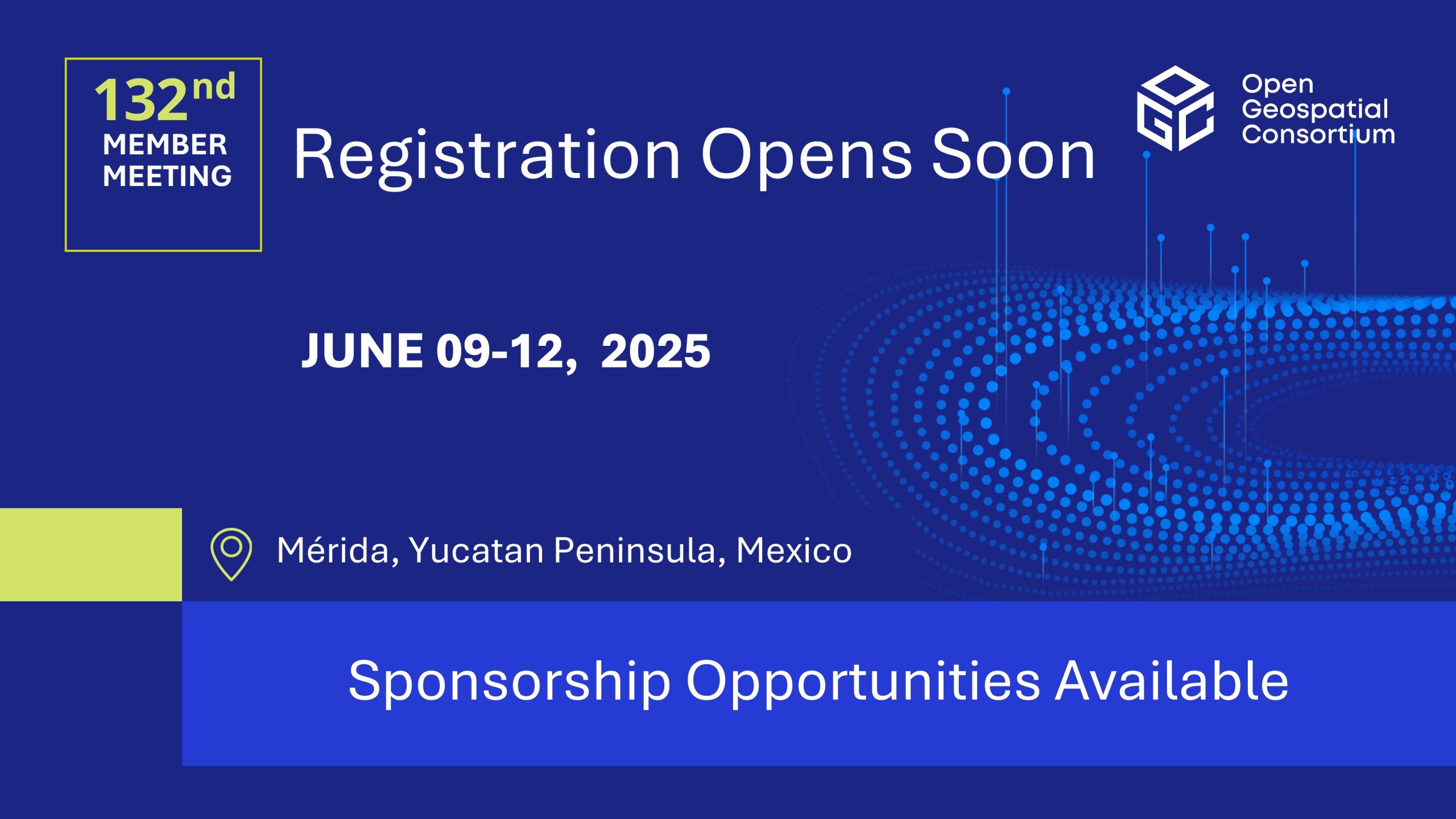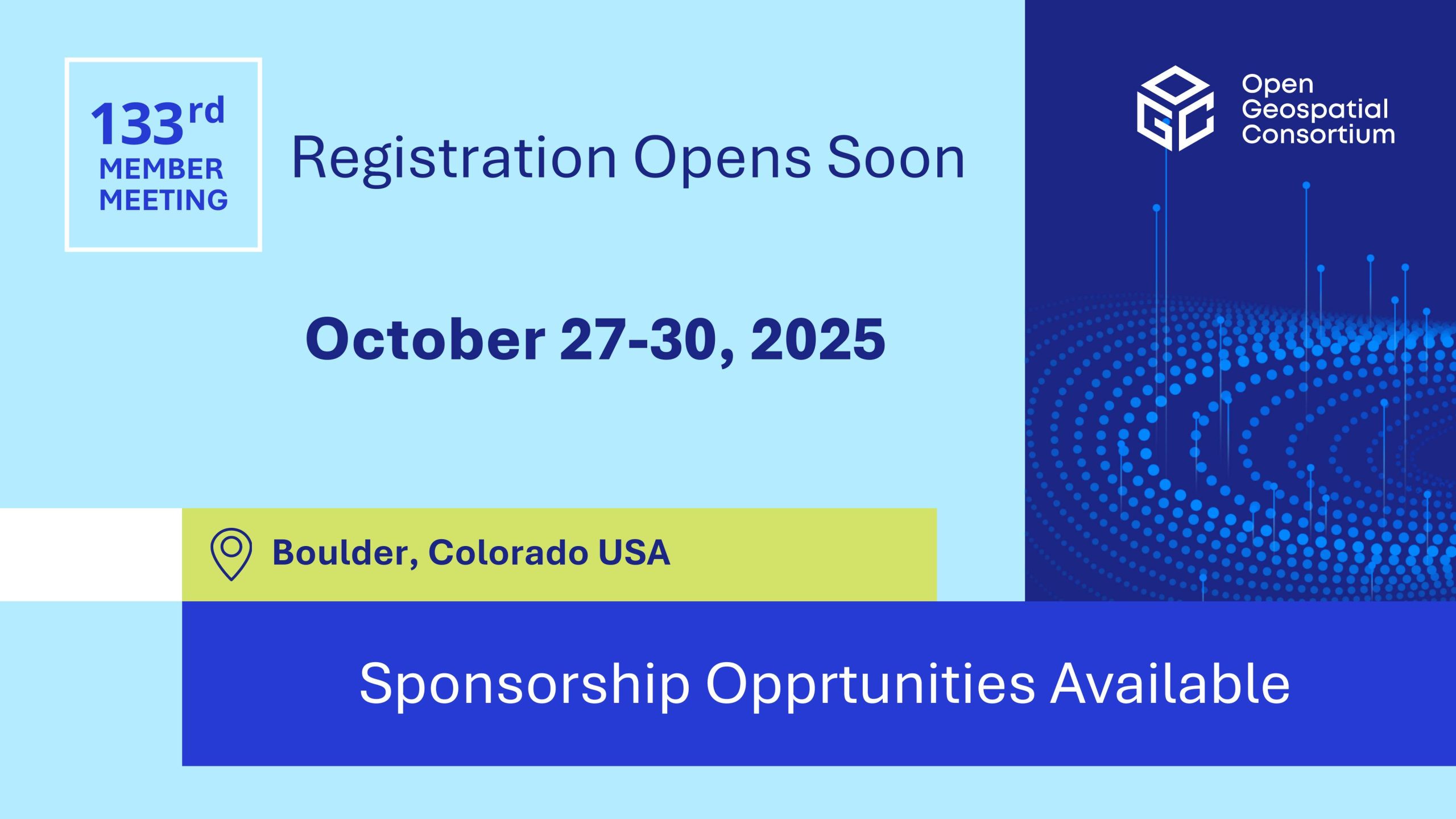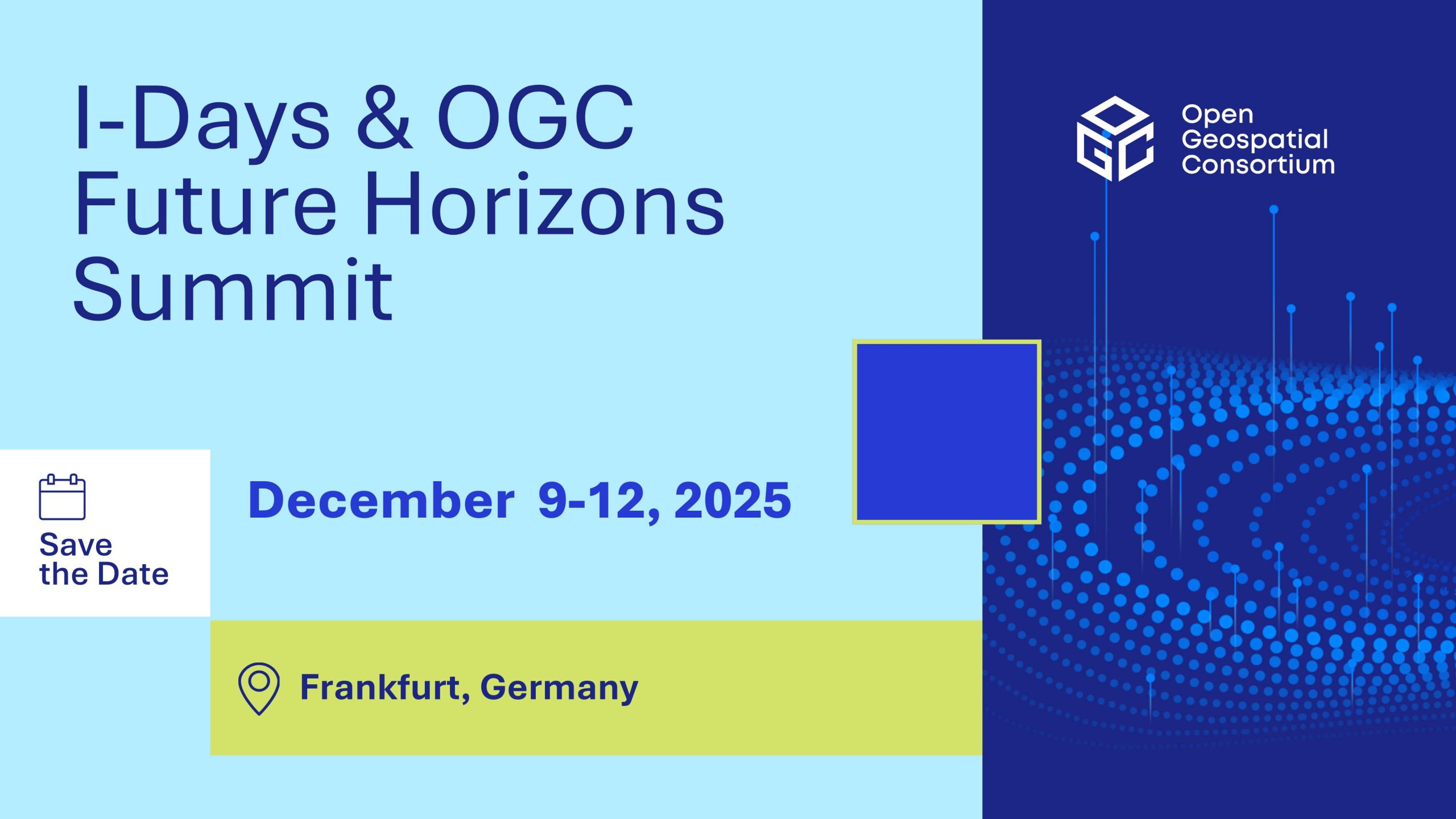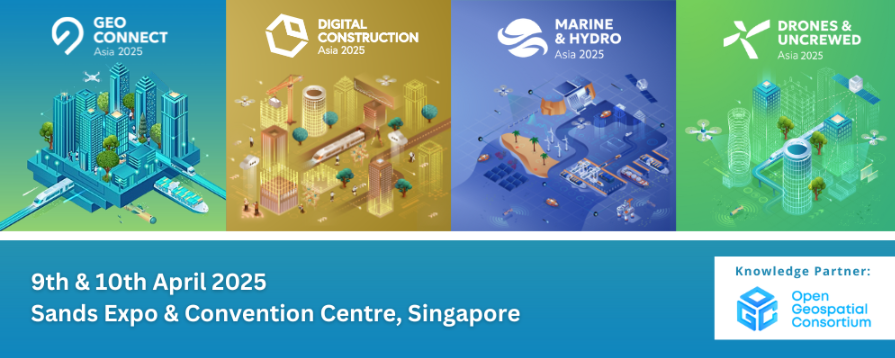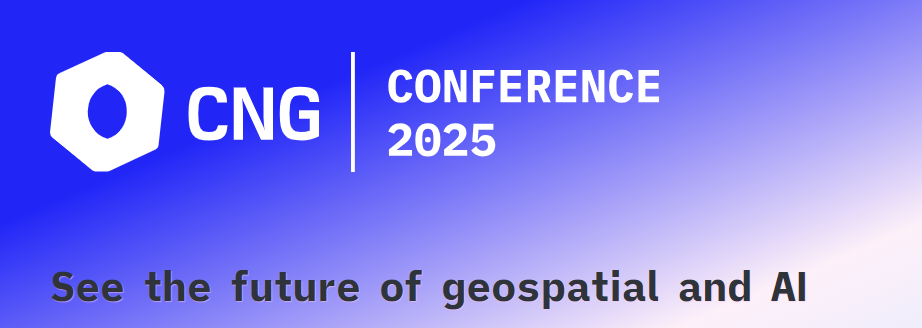132nd OGC Member Meeting
Parque Científico y Tecnológico de Yucatán Km. 5.5 Carr. Sierra Papacal - Chuburna Pto., Mérida, Yucatán, MexicoJoin global experts and leaders in the geospatial community OGC's 132nd member meeting will take place in Mérida, Yucatán, Mexico, from June 9-12, 2025. The...
